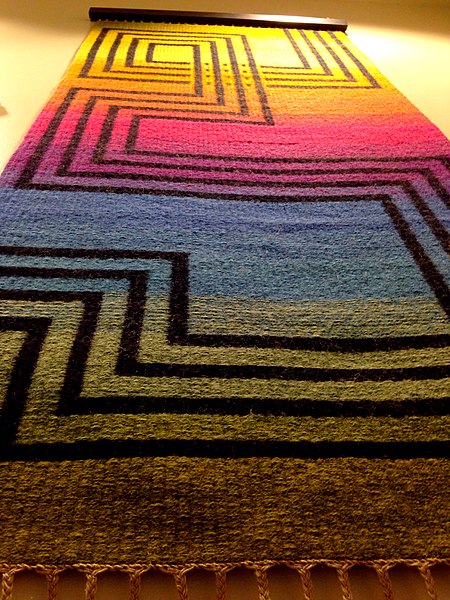In the last few weeks, I’ve listened to a lot of very moving testimony from Black wine professionals about their experiences in the wine industry. One that hit me particularly hard was Tahiirah Habibi of the Hue Society recounting her story of taking the Introductory Level 1 course & examination with the Court of Master Sommeliers.
Habibi later goes into more detail about her interactions (or rather lack of interaction) with the Court that is just as infuriating. But that story of taking the level 1 exam really resonated with me. It took me back 13 years ago to when I did my own level 1, spending a weekend at a Tucson hotel for two days of classes and the exam. I remember quirking an eyebrow at the instructors referring to each other as “Master Jones” or “Master Smith” and expecting the students to do the same.
But that’s all it was, an eyebrow quirk. A shoulder shrug.
I chalked it up to a vestige of the restaurant industry where everyone “Yes, Chef!” the master of the back of the house. It never once dawned on me, for over 13 years, how what I could so easily dismiss with a shrug and Whatever would so deeply sting someone else. While in hindsight, it’s so glaringly obvious and cringeworthy, it just blew right passed me.
What troubles me the most, though, is that after all these years, I can’t tell you if there were any people of color in that class. With over 50 people attending, it seems like there would have been. But I honestly don’t know. I didn’t notice.
It struck me how often that is the case–how often I don’t notice people of color at wine events. They just meld into the crowd of other wine folks. Now some might say that’s a good thing, that you’re “color blind” and everyone should meld together. It should all just be wine people doing wine things.
But I reject that. I reject the idea that being color blind is a good thing. Because if you’re not noticing the presence of people of color in the wine industry, then you’re certainly not going to notice their absence.
Being color blind robs us all.

I don’t know if the people who advocate “All Lives Matter,” saying that they don’t see color or want to see color, realize that what they’re advocating for is a disorder. Achromatopsia (i.e., color blindness) is an affliction, a limitation.
People that suffer from actual color blindness don’t get to see the world in all its vivid richness. They can adapt and make do, but there will always be things that they’ll never be able to experience fully–the colors and context that enliven life.
Why would we want to aspire to that?
Why would we want to strive for a world that will always be less than what it could be?
It doesn’t make sense–especially not in the wine industry where we are immersed in a product whose greatest strength is its diversity.
We revel in the joy of endless possibilities from the multitude of grapes and wine styles we have. We’re fascinated and enthralled by the unique imprint of different terroirs. Every vintage, new chapters are written by mother nature and the hands of thousands of winegrowers across the globe. The world of wine is a world wrapped up in a rich tapestry of diversity.
But this world doesn’t just begin and end in our glass.
Think about all that we’re missing when we don’t notice the people of color in the room.
And especially what we miss when we don’t notice their absence.
Think about the insights, perspectives and backgrounds that we don’t get to hear about. Wine is consumed by our senses–both physical and through the lens of our sense of self. We reflect all of that in our descriptions and interactions with wine.
If we’re not noticing, listening and talking to people of color, we lose opportunities to see wine through lenses that only they can share. We lose the words, sentiments and moments that broaden our understanding and make our tapestry more dynamic.
Just as the thought of limiting our vibrant world to a small handful of wines makes our heart sink, so too should the thought of limiting the voices that help bring this world to life.
So, no, I don’t want to be color blind. I want to see. I want to listen and learn.
I want to notice.
